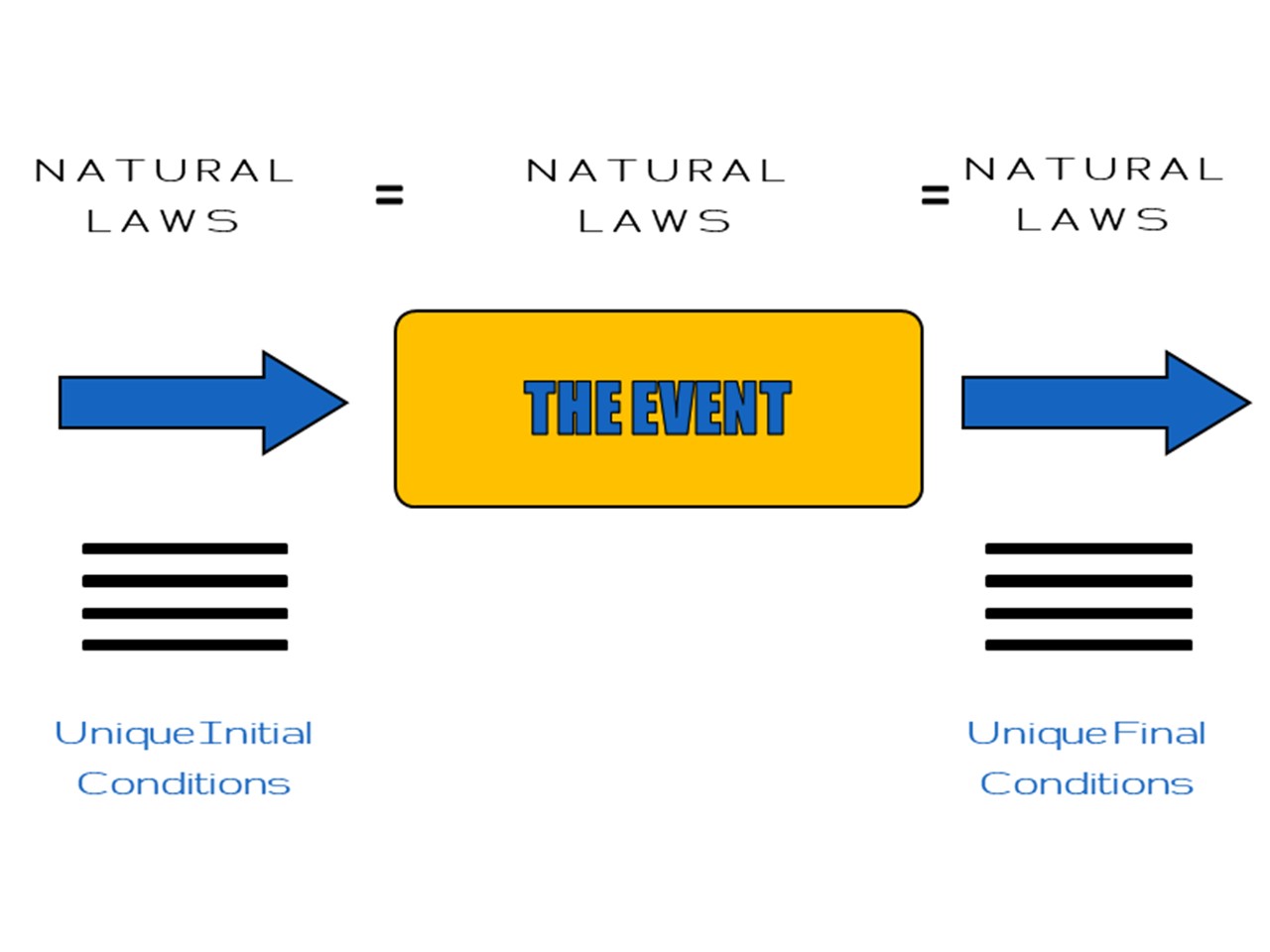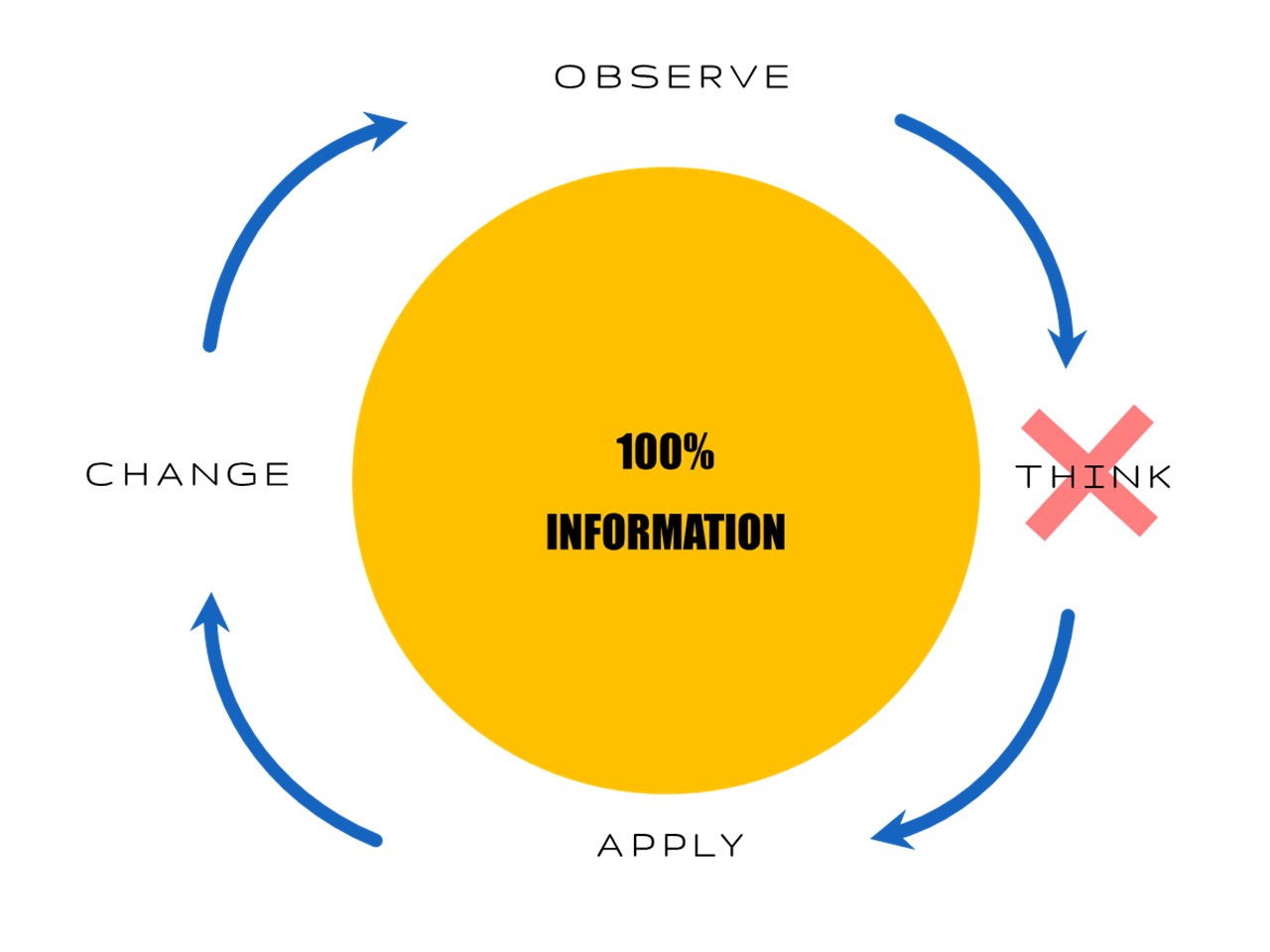
"Making Life Simple"
A Logical Foundation for Success
Thank you for your interest in our courses! Here's your free 2 lessons from our course catalog...
Lesson 1: Information Measurement Theory
Information Measurement Theory purposes that performance is directly related to a person’s ability to accurately observe information. Accurately observing information is the ability to understand why things happen and how they will impact future events. When we lack information, we do not understand cause and effect, which makes things seem more random and chaotic.
In this lesson, you will learn about the basic structure of information, which is in the form of Natural Laws and Conditions (absolute and relative information). As we begin to recognize natural laws in our life, we begin to see how everything is related and predictable.
Key Points of Lesson 1:
Natural Laws
Natural Laws govern all of reality & everything happens for a reason
Unique
Everyone has unique initial conditions and final conditions
Change
Our lives will not change unless we do things differently and act

Questions:
- What is the difference between inductive and deductive logic?
- What
- What is randomness? Does it exist? Do you have an example?
- When are the Final Conditions set?
- Should you make more or less decisions in life?
- Once the Initial Conditions are set, can you control others or be controlled by others?
- What are the four parts of the Cycle of Learning?
- Does everyone go through the Cycle of Learning?
- How does understanding the Cycle of Learning assist a leader to better understand and help their people?
Lesson 2: Chance & Randomness
The universe is governed by unchanging laws of nature. Natural Laws are the logical foundation of cause and effect. They determine how conditions change over time. When we understand how Natural Laws impact the various conditions of an event, we can see into the future, lower our risk and stress.
Key Points of Lesson 2:

Randomness
The perception of chance and randomness is caused by a lack of information
Prediction
The future is knowable and Predictable
Helping Others
The better we understand others and ourselves, the better we can know the future
Questions:
- Does the idea of "No Chance/Randomness" increase or decrease your stress?
- If Chance and Randomness are not an accurate concept, why do people believe them?
- How can understanding you control your life decrease your stress?
- If everything happens for a reason, who is responsible for your success?
Conclusion
There is no such thing as a random occurrence. Events only look random when we lack information. Complex events tend to appear more random because there are too many variables. This is critical when trying to understand the nature of success. People are quick to attribute success to luck, but if there is no such thing as random, success is never lucky. Success is not an accident.
Remove the concept of randomness from your mind, and replace it with ignorance. Think in terms of cause and effect. If you want to be more successful or if you want to overcome a problem, look to the information. Understand how you got to where you are, and try to understand how to get to where you want to go.